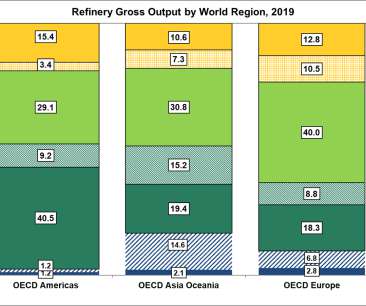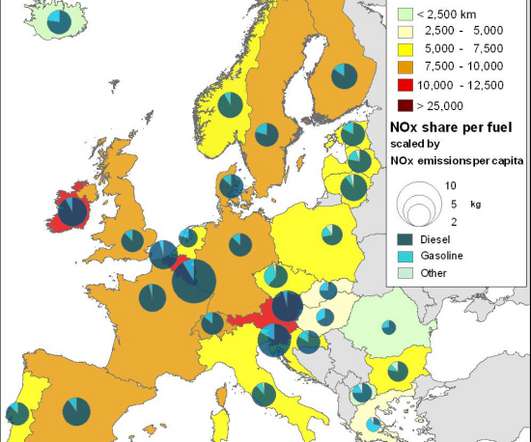Kia introducing bi-fuel gasoline-LPG Picanto in Europe
Green Car Congress
SEPTEMBER 12, 2013
Responding to growing customer demand in Europe for small cars with low running costs and low emissions, Kia is introducing a bi-fuel gasoline-LPG model to its Picanto small car range. The new variant, introduced at the Frankfurt show, will record fuel economy in LPG mode of 5.8 liter gasoline model. l/100 km (40.6

























Let's personalize your content